The Resource Conservation and Recovery Act (RCRA) assigns the US Environmental Protection Agency (EPA) and state hazardous waste agencies regulate “hazardous wastes,” including categories defined as “universal wastes” that are subject to reduced management requirements. EPA defines five categories, but also allows states to define additional categories (I wrote about this here). California’s Department of Toxic Substances Control (DTSC) has just proposed to add a new category of state-regulated universal waste covering “photovoltaic [PV] modules” to its regulations under the state’s Hazardous Waste Control Law (HWCL). The remainder of today’s blog summarizes these proposed universal waste PV requirements.
Read MoreAudit, Compliance and Risk Blog
California Proposes Universal Wastes Rules For Photovoltaics
Posted by Jon Elliott on Tue, Jun 11, 2019
Tags: California Legislation, Environmental risks, Environmental, EHS, EPA, Hazcom, RCRA
The Resource Conservation and Recovery Act (RCRA) assigns the US Environmental Protection Agency (EPA) to define and then regulate “hazardous wastes.” EPA applies its considerable discretion to separate hazardous wastes into categories subject to distinct waste management requirements. One basis for these categorizations is relative risk – the more hazardous the waste the greater the controls required, and the smaller the threshold quantities necessary to trigger regulation. Beginning in 1995, EPA has defined a limited set of very common lower-risk wastes as “universal wastes,” and made them subject to special rules intended to encourage recycling (40 CFR part 273). The rest of this note summarizes universal waste requirements.
Read MoreTags: Health & Safety, Environmental risks, Environmental, EPA, Hazcom, RCRA
After a long rulemaking, the US Environmental Protection Agency (EPA) has just promulgated rules defining certain waste pharmaceuticals as “hazardous wastes” under the Resource Conservation and Recovery Act (RCRA), and establishing standards for their management by selected healthcare and “reverse distribution” waste management facilities. These regulations replace general RCRA generator and treatment requirements otherwise applicable to hazardous wastes.
Read MoreTags: Health & Safety, EPA, Hazcom, RCRA, pharmaceuticals
On May 30, the Environmental Protection Agency (EPA) repealed a number of regulations governing recycling of secondary materials, which EPA adopted as parts of a major rulemaking effective July 2015, but which were rejected by a federal court in decisions issued in July 2017 and March 2018. These rules apply the Resource Conservation and Recovery Act (RCRA) by creating exemptions from the “Definition of Solid Waste” to define a number of potentially hazardous wastes as “hazardous secondary materials”, and to establish special rules to allow generators and qualified third parties to recycle and recover qualifying materials. (I summarized the larger 2015 rules here). The remainder of this note identifies EPA’s latest changes.
Read MoreTags: Environmental risks, Environmental, Hazcom, RCRA
The US Green Building Council’s New LEED v4 Rating System
Posted by Rebecca Luman on Thu, Dec 15, 2016
The US Green Building Council (USGBC), founded in 1993, is a consensus-based nonprofit organization with more than 12,000 national members representing the entire building industry. USGBC plays an important role in providing leadership and integration for the building industry in driving sustainable building.
Read MoreTags: Health & Safety, Environmental risks, Environmental, EHS, RCRA
U.S. Commission on Civil Rights Criticizes EPA’s Environmental Justice Efforts
Posted by Jon Elliott on Tue, Oct 18, 2016
In September 2016, the U.S. Commission on Civil Rights (Commission) issued its annual “Statutory Enforcement Report for 2016”; this year’s topic is the Environmental Protection Agency’s (EPA’s) efforts to protect and promote “Environmental Justice.” The Commission reviews decades of EPA efforts, and criticizes longstanding inadequacies.
Read MoreTags: Health & Safety, Environmental risks, Environmental, EPA, ghg, Hazcom, RCRA
To improve the efficiency of RCRA Corrective Action, in 2014, EPA Regions 3 and 7 began a pilot to implement RCRA Corrective Action using Lean process analysis with the goal of clarifying goals and expectations early in the process. The Lean process is a collection of principles and methods that focus on the systematic identification and elimination of non-value-added activity involved in producing a product or delivering a service to customers. Within the RCRA Corrective Action program, the Lean process was used to remove various redundant steps and frontload goals and expectations through a corrective action framework (CAF), resulting in significant time savings.
Read MoreTags: Environmental risks, Environmental, EHS, EPA, Hazcom, RCRA
The U.S. Environmental Protection Agency (EPA) regulates hazardous wastes under the Resource Conservation and Recovery Act (RCRA). These regulations include a detailed national system governing hazardous waste shipments from generators to offsite management facilities. In October 2012, RCRA was amended by the Hazardous Waste Electronic Manifest Establishment Act, authorizing EPA to implement a national electronic manifest system. In 2014, EPA adopted regulations to govern the new electronic system (I blogged about the rules here), but deferred compliance provisions (including specific electronic formats) while the agency continues to work on its data collection and management system.
Read MoreTags: Environmental, EPA, Hazcom, RCRA
Federal laws (commonly referred to as RCRA, after the Resource Conservation and Recovery Act of 1976) provide comprehensive management requirements for parties involved in hazardous waste management, from “cradle to grave” covering generators, transporters, and offsite management facilities. Among these many provisions are requirements that “large quantity generators (LQGs)” submit biennial reports to the Environmental Protection Agency (EPA) or delegated states in March of every even-numbered year. March 2016 is the next such deadline, so now is a good time to review biennial report requirements.
Who Must File Biennial Reports?
A facility that was an LQG during calendar year 2015 must file a biennial report. LQGs are defined as a facility that generates either of the following during a calendar month:
EPA Proposes To Revise Hazardous Waste Import-Export Requirements
Posted by Jon Elliott on Wed, Oct 14, 2015
The U.S. Environmental Protection Agency (EPA) administers rules governing the import and export of hazardous waste regulated by the Resource Conservation and Recovery Act (RCRA). These rules implement requirements established by RCRA, and also ensure that the U.S. meets its international responsibilities as a member of the Organization for Economic Cooperation and Development (OECD) by creating national rules that meet agreed-upon OECD standards. The proposal should appear in the Federal Register soon, opening a 60 day comment period after which EPA will decide whether to finalize the changes.
Tags: Health & Safety, Environmental risks, Environmental, EPA, Hazcom, RCRA, Canadian




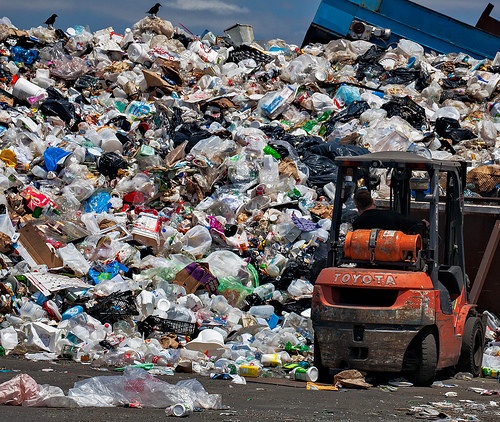
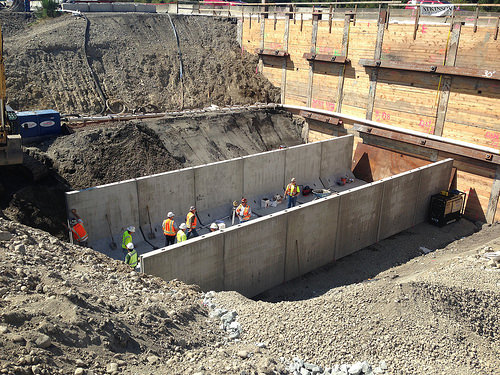
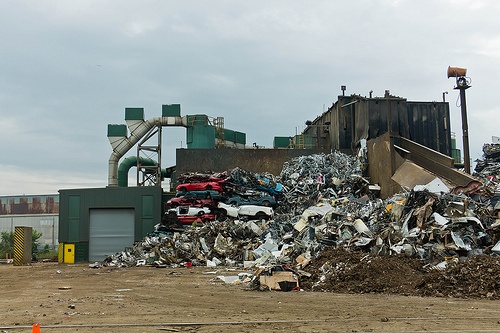
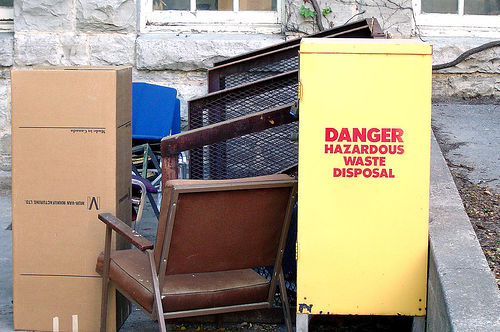
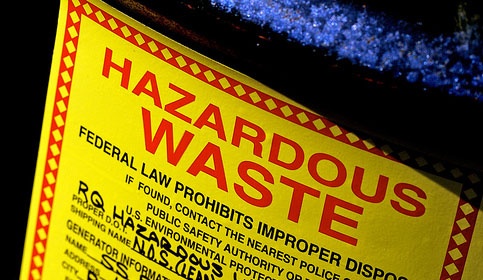
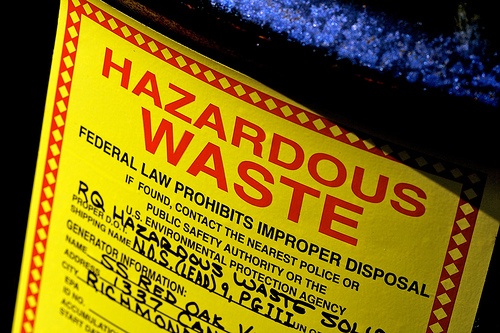
.jpg)